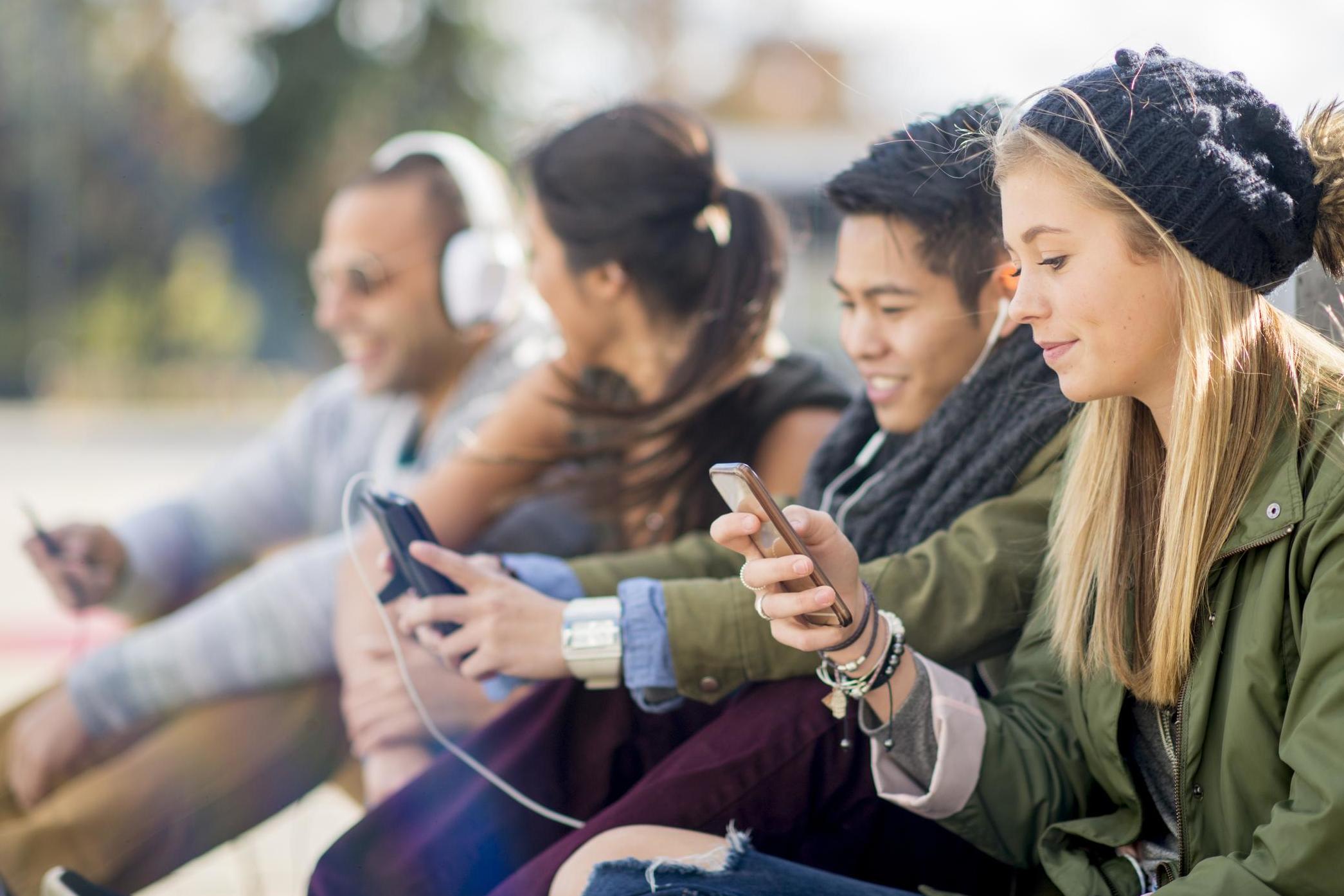Screen time linked to lower levels of happiness in teenagers, study finds
The happiest teens spent less than an hour a day using digital media

Your support helps us to tell the story
From reproductive rights to climate change to Big Tech, The Independent is on the ground when the story is developing. Whether it's investigating the financials of Elon Musk's pro-Trump PAC or producing our latest documentary, 'The A Word', which shines a light on the American women fighting for reproductive rights, we know how important it is to parse out the facts from the messaging.
At such a critical moment in US history, we need reporters on the ground. Your donation allows us to keep sending journalists to speak to both sides of the story.
The Independent is trusted by Americans across the entire political spectrum. And unlike many other quality news outlets, we choose not to lock Americans out of our reporting and analysis with paywalls. We believe quality journalism should be available to everyone, paid for by those who can afford it.
Your support makes all the difference.Teenagers who spend long periods of time staring at their phones, TVs and computer screens might see more of an effect than just square eyes.
Researchers at San Diego State University have found that adolescents who spend substantial amounts of time in front of screen devices are distinctly less happy than those who mostly engaged in face-to-face social interactions.
Just one hour of screen time a day was linked to a rise in unhappiness levels in young people, the study found.
A team of psychology professors used data from the Monitoring the Future (MtF) longitudinal study to gather their data.
The MtF is a nationally representative US survey with information on the screen habits of more than one million US teens and their overall happiness levels.
Lead author Jean M. Twenge believes her findings prove the negative impact screen time is having on adolescents at a psychological level.
"Although this study can't show causation, several other studies have shown that more social media use leads to unhappiness, but unhappiness does not lead to more social media use," she explained.
The happiest adolescents in the survey were those who used digital media for less than one hour a day. After that point, unhappiness levels steadily increased in line with screen use.
Published in the journal Emotion, Twenge is using her findings as grounds to advise young people to limit their digital media use to two hours a day while actively increasing time spent on face-to-face social interactions in order to bolster happiness levels.
The researchers also tracked happiness levels for the same age group dating back to the 1990s and found that a substantial number of young people’s life satisfaction dropped in 2012, when data showed that more than 50 per cent of Americans owned a smartphone.
"By far the largest change in teens' lives between 2012 and 2016 was the increase in the amount of time they spent on digital media, and the subsequent decline in in-person social activities and sleep," she explained.
"The advent of the smartphone is the most plausible explanation for the sudden decrease in teens' psychological well-being."
Join our commenting forum
Join thought-provoking conversations, follow other Independent readers and see their replies
Comments